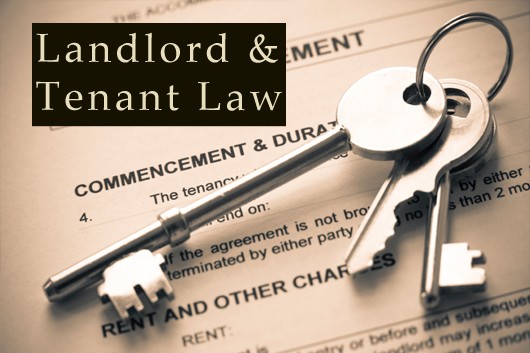Commercial dispute: I need my tenant to vacate the property which he denied. Hence I filed a case against him which has been dismissed by the court

1 Answers
Legal Solution for Commercial Dispute: Tenant Refusal to Vacate Property
Overview of the Dispute
The situation involves a commercial dispute wherein the tenant has refused to vacate the property despite the landlord's request. Furthermore, the landlord's attempt to resolve the matter through legal recourse has resulted in the dismissal of the case by the court.Understanding the Tenant's Denial
-
Tenant's Refusal:
- The tenant's refusal to vacate the property indicates a breach of the lease agreement or failure to comply with eviction notices served by the landlord.
-
Reasons for Denial:
- Identify the reasons behind the tenant's refusal, such as disputes over lease terms, disagreement on eviction grounds, or failure to find alternative accommodation.
Legal Strategy Assessment
Reviewing Court Dismissal
-
Understanding Court Decision:
- Assess the reasons provided by the court for dismissing the case, including procedural errors, lack of evidence, or failure to meet legal requirements for eviction.
-
Identifying Weaknesses:
- Determine any weaknesses in the landlord's case that led to the dismissal, such as insufficient documentation, procedural errors, or lack of legal representation.
Reevaluation and Action Plan
Reconsidering Legal Options
-
Consultation with Attorney:
- Seek guidance from a qualified attorney specializing in landlord-tenant disputes to review the case, identify legal options, and strategize next steps.
-
Evaluation of Evidence:
- Collect and review all relevant evidence, including lease agreements, eviction notices, correspondence with the tenant, and court documents, to strengthen the case.
Pursuing Alternative Resolutions
Exploring Alternative Solutions
-
Negotiation with Tenant:
- Attempt to negotiate a settlement with the tenant outside of court, exploring options such as offering financial incentives for voluntary vacating or agreeing on a mutually acceptable timeline for relocation.
-
Mediation or Arbitration:
- Consider alternative dispute resolution methods like mediation or arbitration to facilitate a resolution between the landlord and tenant with the assistance of a neutral third party.
Reinitiating Legal Action
Filing an Appeal or New Case
-
Appeal Consideration:
- Evaluate the possibility of appealing the court's decision if there are grounds for challenging the dismissal, such as errors in law or evidence.
-
Initiating New Proceedings:
- If an appeal is not viable, consider initiating new legal proceedings against the tenant with improved evidence, documentation, and legal representation to support the eviction claim.
Conclusion
Addressing the commercial dispute necessitates a strategic approach. This involves a thorough review of the court's decision and reevaluation of legal options. Pursuing alternative resolutions is also crucial. Additionally, there may be a need for potential reinitiation of legal action. The ultimate goal is to achieve the desired outcome of tenant eviction. Collaboration with legal professionals can help navigate the complexities of the dispute and ensure effective resolution.Please login or Register to submit your answer
